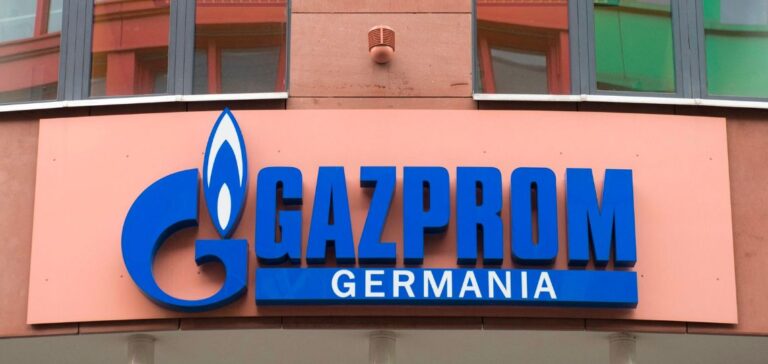Germany has been hit hard by the energy crisis. Its industrial production is declining and the country risks recession in 2023. Germany has to adapt to the drastic decrease in Russian gas flows. Thus, it is looking for alternatives to ensure its energy supply.
For example, it plans to nationalize the gas importer, formerly Gazprom Germania, to prevent it from going bankrupt. This announcement comes at a time when Berlin has already decided to nationalize Uniper, another German gas giant.
Germany ready to nationalize Sefe?
The nationalization of Sefe was mentioned by Spiegel, a German investigative magazine. However, the government has not yet made a decision. According to spokespersons for the Ministry of Economy and the Energy Regulatory Authority, discussions are underway.
Sefe has been under federal trusteeship since April. The aim is to ensure the supply of gas to Germany. The company’s activities are crucial for the European gas market and for gas supply. It has assets in Germany, Great Britain, Switzerland, Belgium and the Czech Republic, but also outside Europe.
According to some experts, the nationalization of Sefe is likely. However, such an operation would take weeks.
Germany is therefore relying on nationalization to ensure its supply. With the nationalization of Uniper, the country has already injected at least 40 billion euros into its three main importers of Russian gas: Uniper, Sefe and VNG.






















